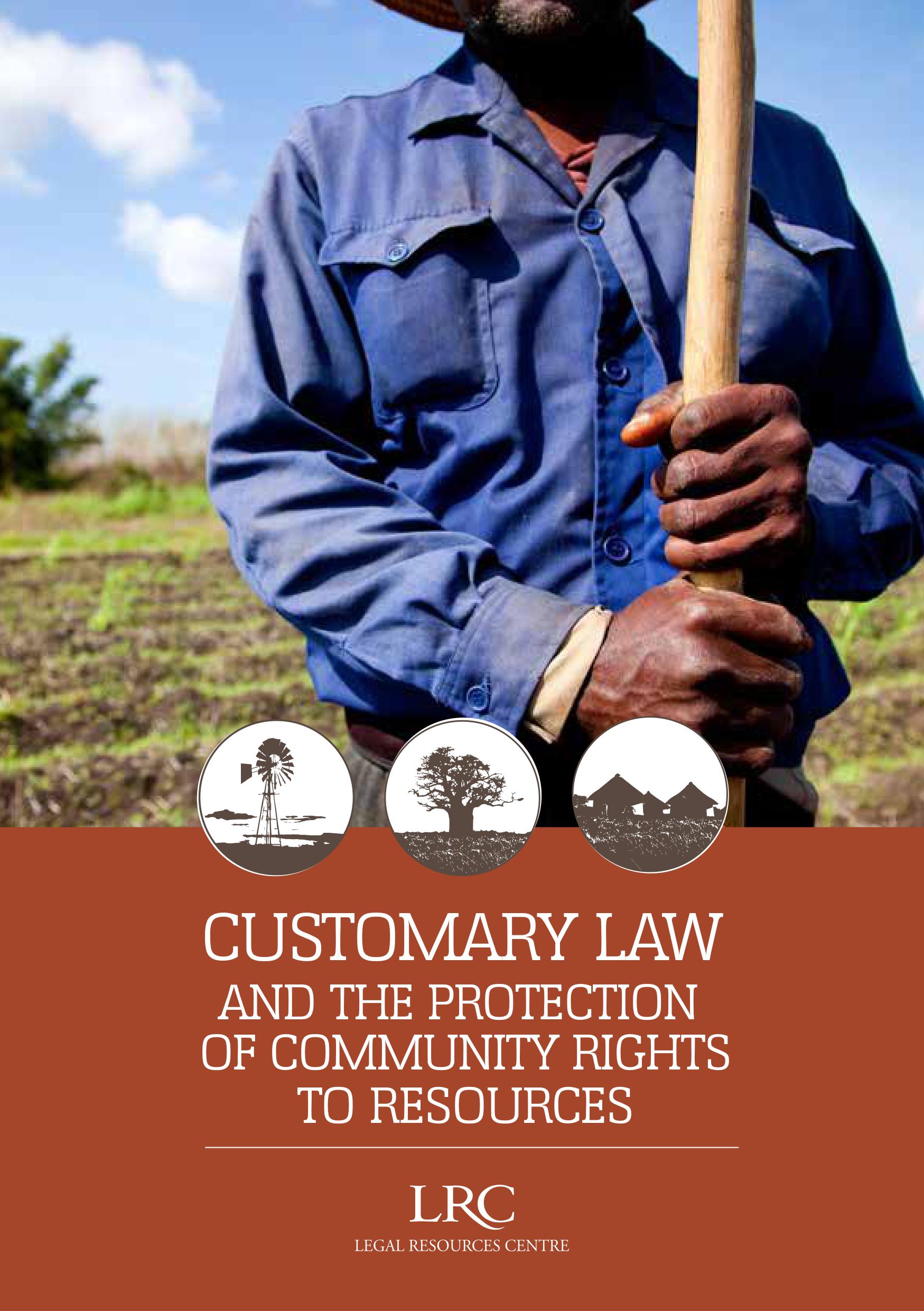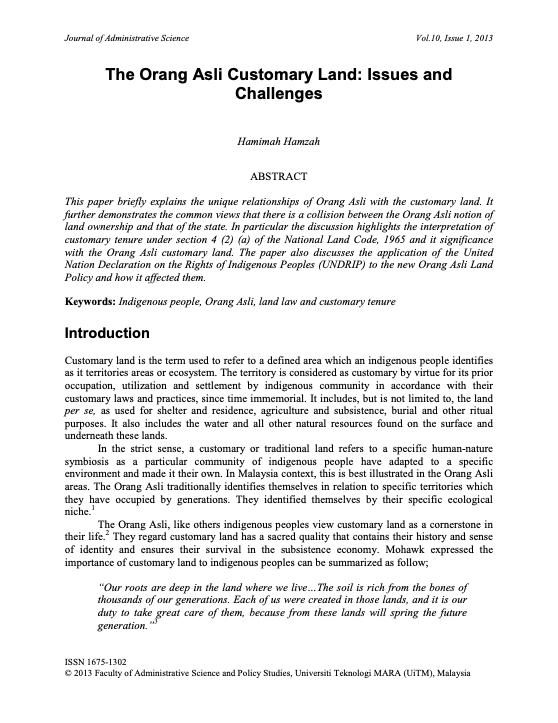How Do Local-Level Legal Institutions Promote Development? An Exploratory Essay
This paper develops a framework and some
hypotheses regarding the impact of local-level, informal
legal institutions on three economic outcomes: aggregate
growth, inequality, and human capabilities. It presents a
set of stylized differences between formal and informal
legal justice systems, identifies the pathways through which
formal systems promote economic outcomes, reflects on what
the stylized differences mean for the potential impact of







